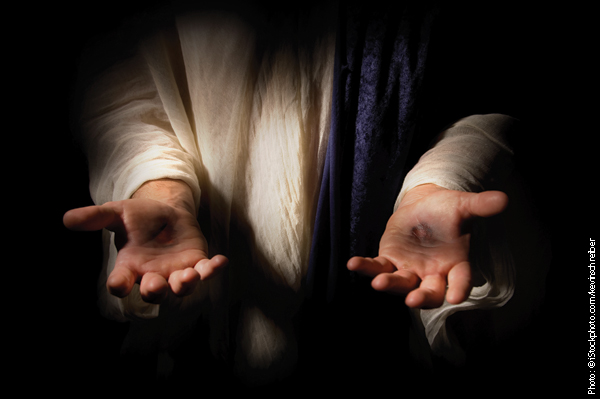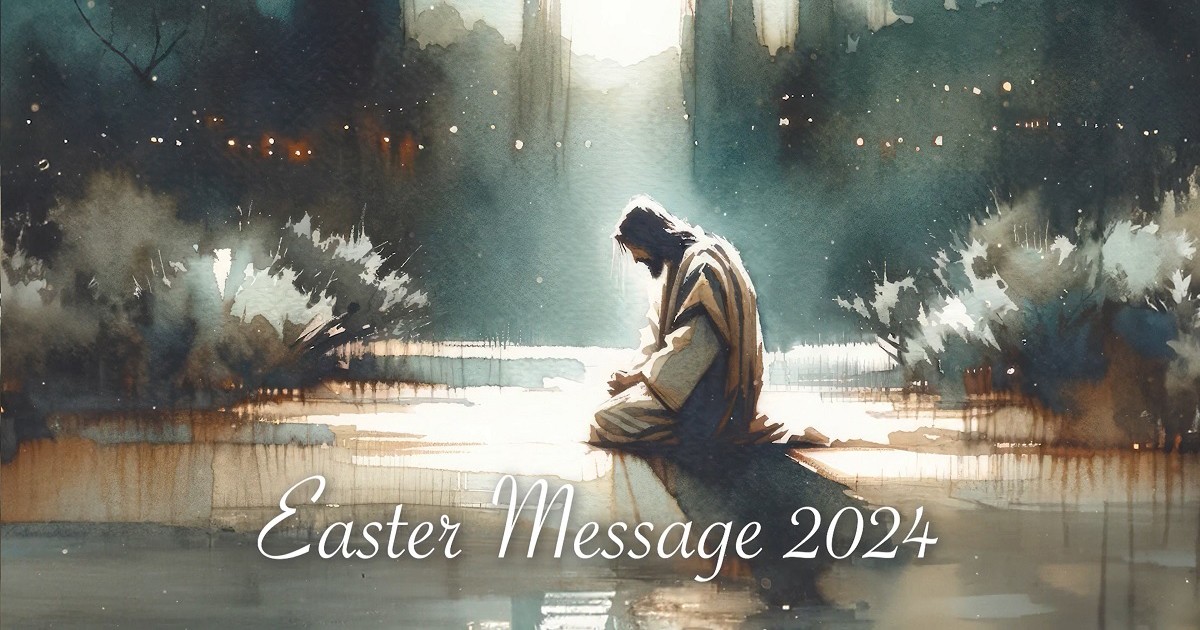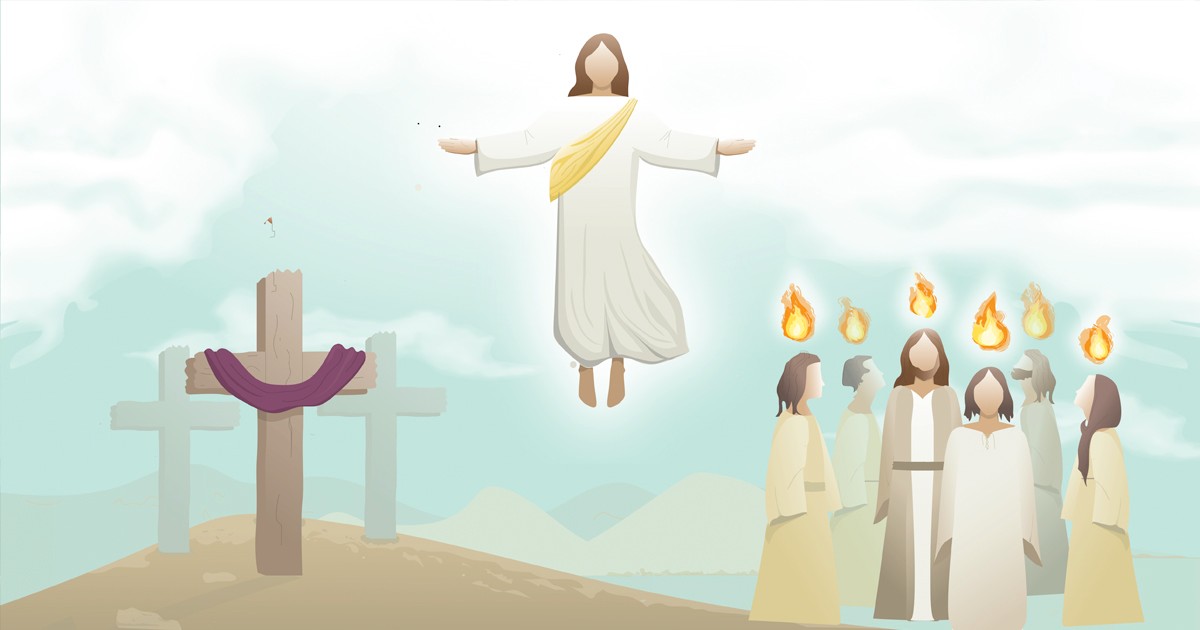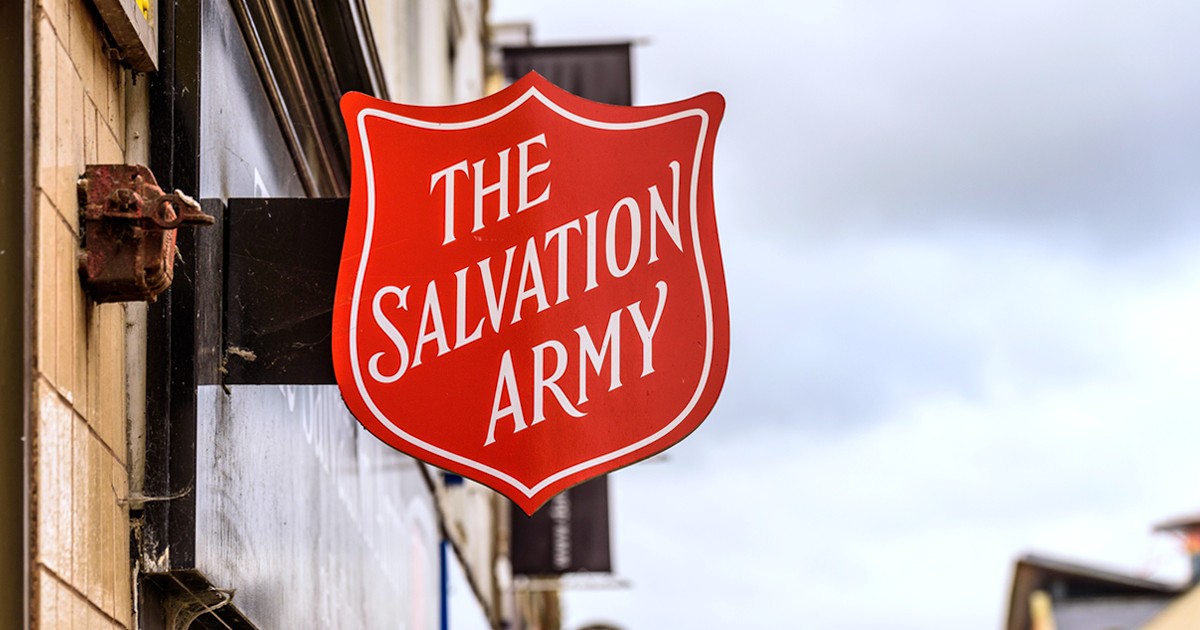 It was my first Sunday at my new corps appointment. When the meeting came to an end, I was told that one family in attendance was facing the impending death of their 14-year-old daughter. She had been present with her parents that morning. This family undoubtedly had to be my priority for pastoral visitation. And so a journey lasting a few weeks began, with daily visits and the privilege of walking alongside a family in their darkest hour.
It was my first Sunday at my new corps appointment. When the meeting came to an end, I was told that one family in attendance was facing the impending death of their 14-year-old daughter. She had been present with her parents that morning. This family undoubtedly had to be my priority for pastoral visitation. And so a journey lasting a few weeks began, with daily visits and the privilege of walking alongside a family in their darkest hour.
On a very hot, sticky Sunday afternoon in August, I was to visit Sherry for the last time. She lay on her bed agonizing with the heat, the discomfort, the thirst and the pain. Her mother could only look on helplessly. Her dad sat beside her, raising her in his arms every few minutes to give her more ice to crunch, her only relief from the raging thirst.
She was dying. We knew we were sharing her final hours. The window of her bedroom was open in the hope of getting some air. But what was coming through the window was the sound of children playing. The joyful shouts and laughter were in stark contrast to the moaning of a dying child. Somehow the sadness was all consuming and anything other than grief seemed so inappropriate. But beyond those bedroom walls life went on as usual.
It strikes me that we are so often unaware of the suffering of others. We hear of a trial and the news reports give the particular date of when a child went missing. We hear about the anguish of the parents, the details of the horrible crime, the months that went by before the perpetrator was caught. Being reminded of the date the crime happened may trigger a reflection: Where was I on that day? So often we have a happy memory. But then we realize that while life went on for us—that same day had ended tragically for others.
Just Passing By
And so it did many years before when Jesus faced the most agonizing crucifixion experience. A familiar song asks the probing question, “Were you there when they crucified my Lord?” More than 2,000 years later, we have to answer “no” if we are thinking in terms of time. But let's go there in our imagination.
In his prayer in the Garden of Gethsemane, Jesus confesses, “my soul is deeply grieved to the point of death” (Mark 14:34 NAS). He sweats drops of blood. His soul is in agony. He is tormented, but life goes on. The disciples fall asleep. During his arrest, his trial, his whipping, there is a suffering beyond the physical. The grief of aloneness is real. Where are his companions? Are they there? Yes, they are, at least they are in the vicinity. But Judas has orchestrated a betrayal, Peter is denying any knowledge of him and the other friends can't be seen for dust.
And for others in Jerusalem, life went on, business as usual. There was no awareness that beyond their patch, outside the city, the Son of God was to be crucified. It is the most important day in history but they are not there. Even Simon of Cyrene had other plans. He was “passing by on his way in from the country” when he was stopped and forced to carry the cross and “be there” (Mark 15:21).
Sharing Hope
To be honest, even if time or geography were not factors, few of us want to enter into the suffering of others. We certainly shrink from suffering ourselves. Yet once we have experienced it, we are never the same again. In some ways, we share in the fellowship of his sufferings (see Philippians 3:10) and enter into a knowledge of Christ we never had before. For Christians, the suffering of Jesus on every level—spiritual, emotional, social and physical—speaks to us in a deeper way. It tells us that he understands. He is not distant, remote or unfeeling. He is “there with us.” He knows pain. He knows rejection. He knows humiliation. He knows grief.
However, the Easter season calls us to the deepest level of reflection regarding his suffering. We have to understand the purpose for it. It means we must go beyond contemplating the pain endured. We have to face ourselves, our part in his suffering. No wonder the songwriter says, “Sometimes it causes me to tremble, tremble, tremble.” Whether we realize it or not, we were there when they crucified our Lord. With all our sin, with all our shortcomings, with our rebellion, we were there. And he took our sin upon himself. He bore its awful penalty. He opened up the way for us to come to the Father, reconciled, redeemed and restored. Now we share his life in a new way. Because of his atoning sacrifice, we are truly never the same again.
This is not a bad news story. This is the Good News, the best news! This is a love story! This is the demonstration of the love of God, said the Apostle Paul, “in that while we were still sinners, Christ died for us” (Romans 5:8 NIV). The cross is not the end. It is the beginning and the Resurrection of Jesus announces it in most dramatic fashion. Jesus is alive! This is a story of God with us and God for us.
The amazing consequence of this is our salvation. But it also calls us to seek the salvation of the world. We are a people who share his heart for others, their suffering, and even their apathy, and most certainly their need of a Saviour. We serve. We intercede. We seek justice. We tell the Good News. We believe in transformation for we are also a resurrection people. We share his hope for the world.
 General Linda Bond is the international leader of The Salvation Army.
General Linda Bond is the international leader of The Salvation Army. Click here to read her pastoral letters.










Leave a Comment